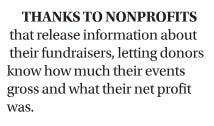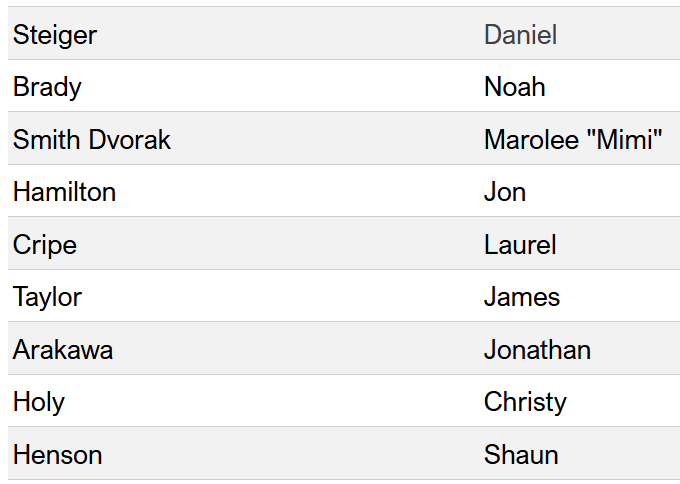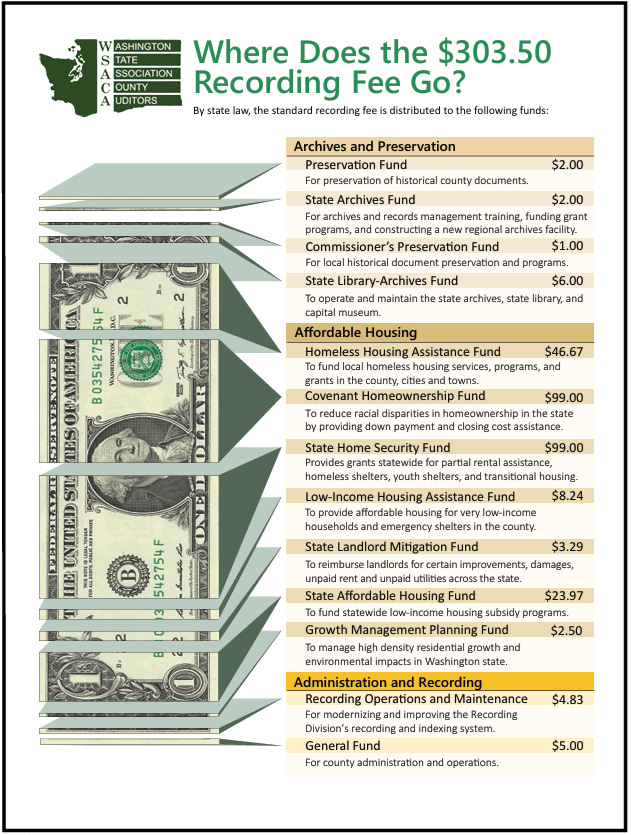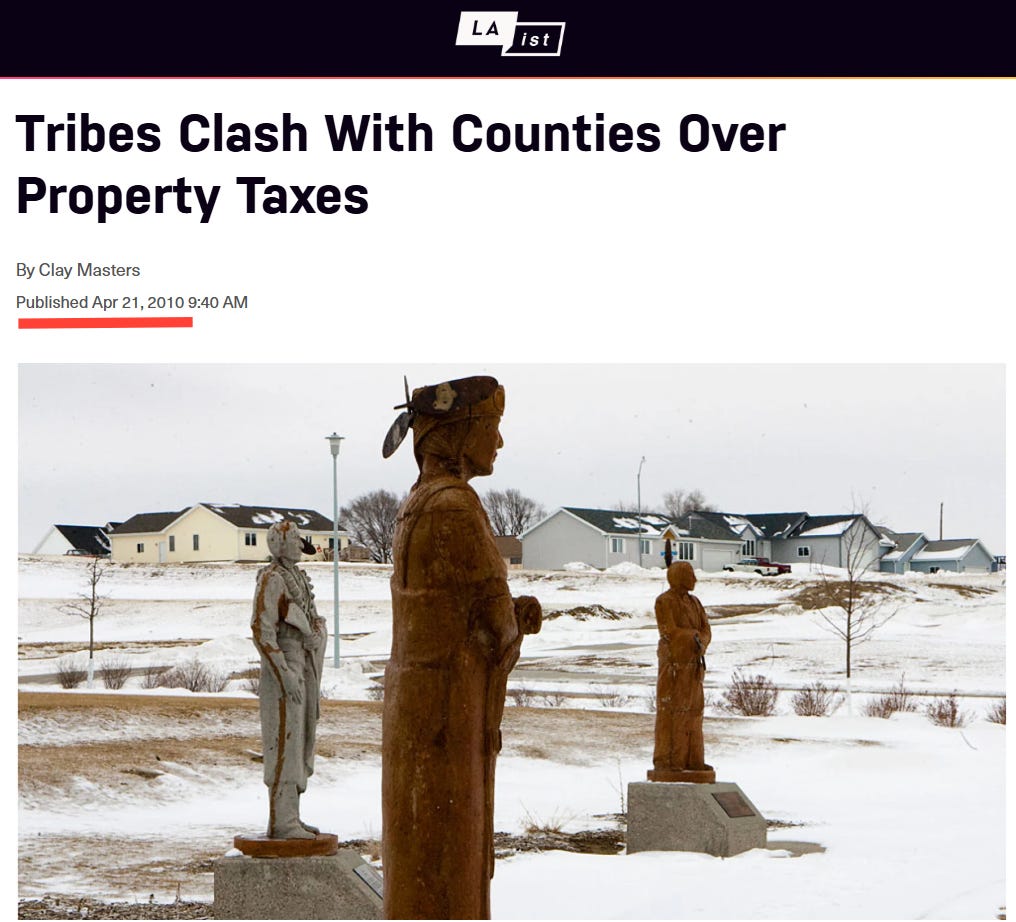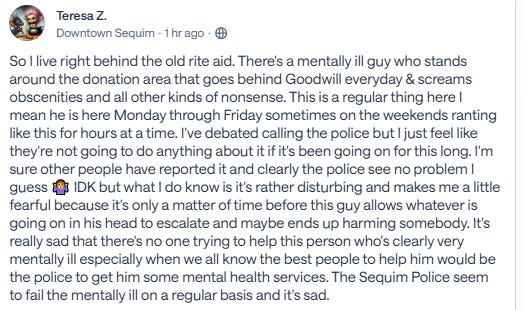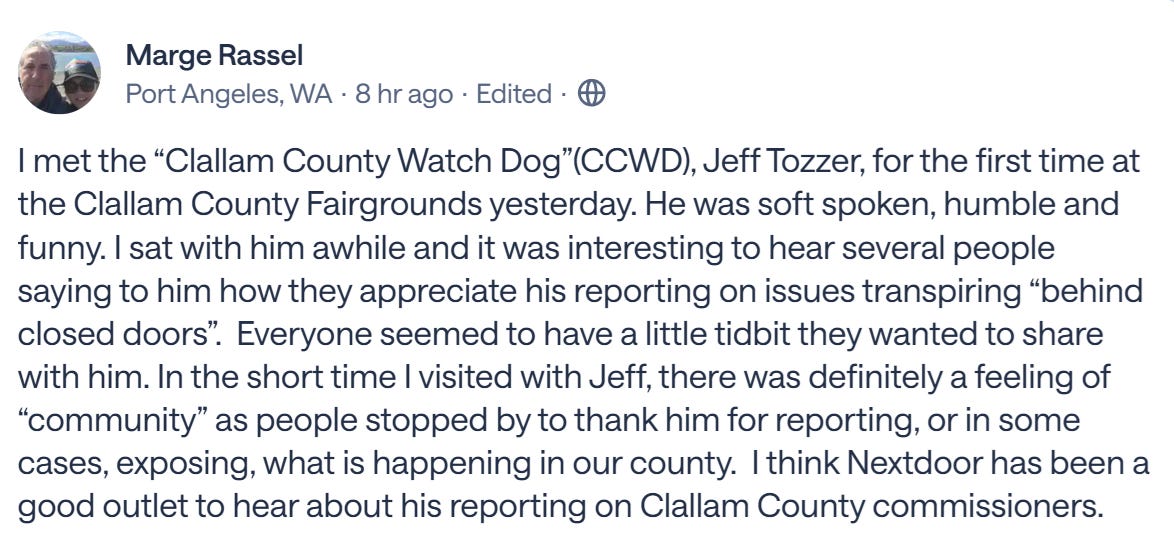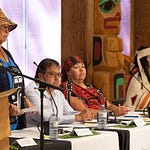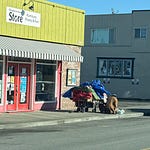From a hospital on the brink to tribal land fights, school fee hikes, and hidden costs buried in government fees, here are ten stories shaping Clallam County’s future — and the questions no one in power seems eager to answer.
A carnival while the hospital bleeds
Olympic Medical Center narrowly avoided losing federal funding (for now) after state surveyors flagged repeated violations. The hospital has just 26 days of cash on hand and reported a $1.5 million loss in Q2 — yet the OMC Foundation is promoting a $2,900-per-person trip to the French Riviera and Paris as a fundraiser. Executive Director Bruce Skinner, a five-time carnival attendee, will personally escort travelers. The real question: how much of that ticket price actually goes to OMC — and how much is just another display of extravagance? While the hospital teeters on the edge of insolvency, should its leaders be focusing on France or on Port Angeles?
Transparency, imagine that
A recent Rave in the Peninsula Daily News thanked nonprofits that disclose both gross and net proceeds from fundraisers. Simple, honest, transparent. Imagine if more of our local NGOs followed that model instead of hiding their numbers while constantly asking the community for more. Transparency builds trust — secrecy erodes it.
Sequim schools raise the curtain — and the fees
After voters approved nearly a quarter-billion-dollar investment for Sequim schools, the district blindsided the community by proposing massive fee hikes on facility rentals. Ghostlight Productions, a local nonprofit theater company, was forced to postpone Cinderella when new auditorium rental rates ballooned from $2,700 to over $12,000. Nonprofits and sports groups alike are in revolt. Sequim leaders call it a “review period,” but to many it looks like bait-and-switch politics at the expense of the very community that just paid the bill.
Meanwhile, Commissioners Mark Ozias and Mike French are pushing for a new Cultural Access Tax to “support the arts.” Yet at the same time, schools — another arm of government — are pricing arts organizations out of their venues. The public ends up paying more on both ends, while the only clear loser is the community itself.
Habitat for city council?
With Port Angeles facing a pivotal election, only two challengers remain on the ballot. But the bigger story is the open council seat, soon to be appointed. Among applicants: Marolee “Mimi” Smith Dvorak (running against Mayor Kate Dexter), James Taylor (challenging LaTisha Suggs), Christy Holy (Water Steward proponent and Charter Review Commissioner), and Danny Steiger (Vice President of Habitat for Humanity). If chosen, he’d join Habitat’s president, Mark Hodgeson, who is running uncontested for council. That would give a nonprofit with close city ties outsized influence over city decisions. Conflict of interest, anyone?
The fee that keeps on growing
Recording a deed or mortgage in Clallam County now costs $303.50 — thanks to state mandates. Here’s the breakdown: $46.67 for “affordable housing,” $99 to reduce “racial disparities” in homeownership, and another $99 for rental assistance and homeless programs. The state insists this is housing policy. But does raising fees on property owners really make housing affordable? Or does it just shift costs while feeding bureaucracy?
Land lost, revenue lost
For decades, tribes across the country have converted land into federal trust, removing it from the tax rolls. An NPR article from way back in 2010 warned of exactly the revenue losses Clallam County now faces.
"Native American tribes across the country are buying back land where their ancestors lived and putting it in federal trusts. It often makes that land exempt from local and state taxes. That's leading to tensions in the counties that suddenly experience budget shortfalls as revenue streams disappear"
If a property with a $5,000 annual tax bill becomes trust land, that’s $5,000 gone from county and state budgets — effectively a silent subsidy to a sovereign nation. Multiply that across all tribal trust land in Clallam County, and you’re looking at millions that are never reported on the financial statements of a multi-million-dollar corporation. At what point does this become unsustainable for local taxpayers?
Economic strategy, or political strategy?
The North Olympic Development Council (NODC) is drafting its 2026–2030 economic plan, complete with community meetings and surveys. Sounds good — but the NODC is led by its President Mark Ozias, who also happens to be a Clallam County Commissioner. When the same people controlling county policy also run the NGO shaping “regional strategy,” it raises a simple question: are they serving the public, or their own political agenda?
Complete this survey by Wednesday or attend a planning meeting:
Tuesday, August 27
1:30 – 4:30 PM
Clallam County PUD – Lake Crescent Boardroom
104 Hooker Road, Sequim (RSVP here)
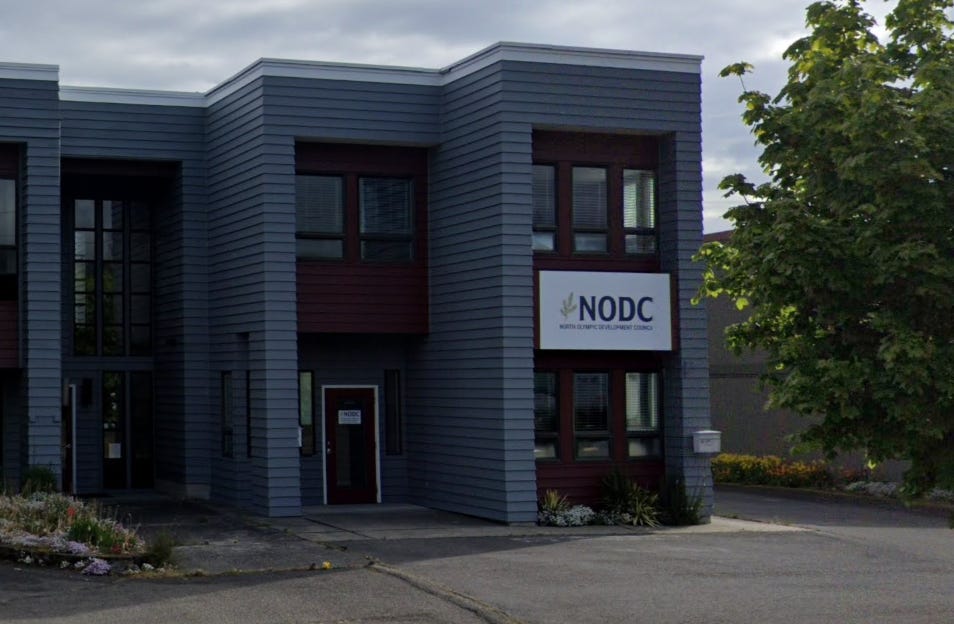
Disorder on our streets
Not far from where an elderly man was fatally assaulted near the Sequim Safeway, residents report a “mentally ill man” regularly screaming obscenities for hours near Goodwill’s donation site. Locals worry: what happens when shouting escalates to violence? Once quiet Sequim now grapples with urban problems that look more like Seattle every year.
PetroCard spills, communities pay
The Indian Creek fuel spill — 3,000 gallons of fuel— came from a PetroCard truck, a company owned by the Alaska Native-run Bristol Bay Industrial portfolio. Its executives often boast about “environmental stewardship” and protecting Bristol Bay’s watershed, yet here in Clallam County the same company has fouled the Elwha River system that supplies Port Angeles drinking water.

That’s the hypocrisy: celebrating conservation in Alaska while treating a spill in our backyard as a footnote. Stewardship is easy to claim in glossy magazines. It’s harder to prove when your truck just poisoned a creek feeding one of the Olympic Peninsula’s most iconic rivers.
A fair to remember
The Clallam County Fair once again proved that our community has heart — and the Clallam County Watchdog booth was buzzing. Families stopped by to share stories, concerns, and encouragement. There were laughs, a few tears, and some attendees admitted they feel forced to leave Clallam County due to rising costs and worsening conditions. But the fair made one thing clear: people here are paying attention, they want accountability, and they’re going to stay engaged.




